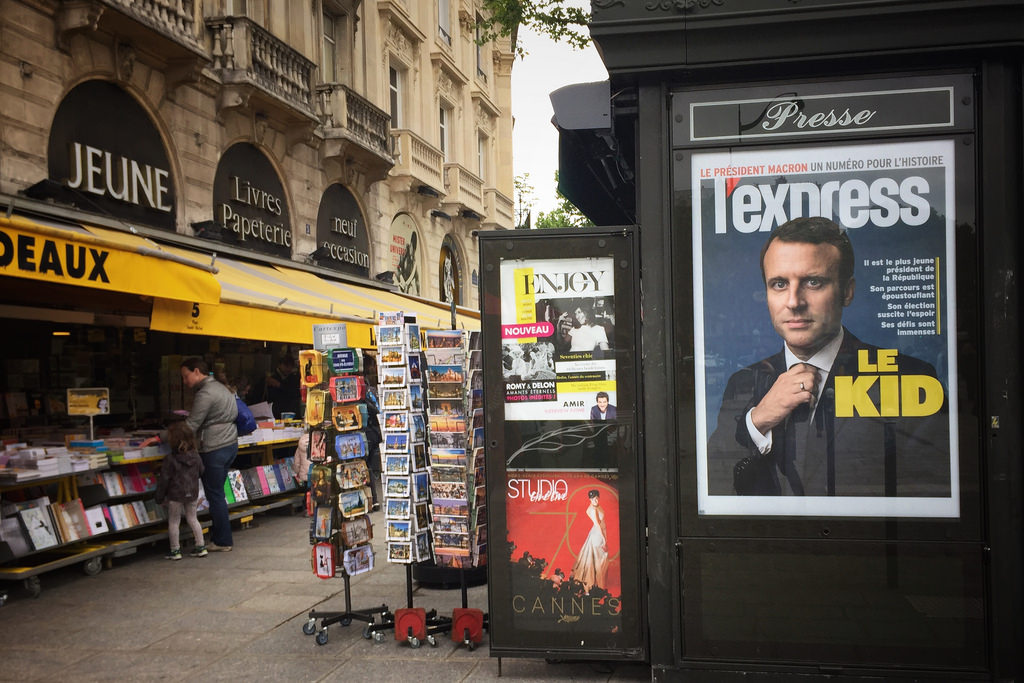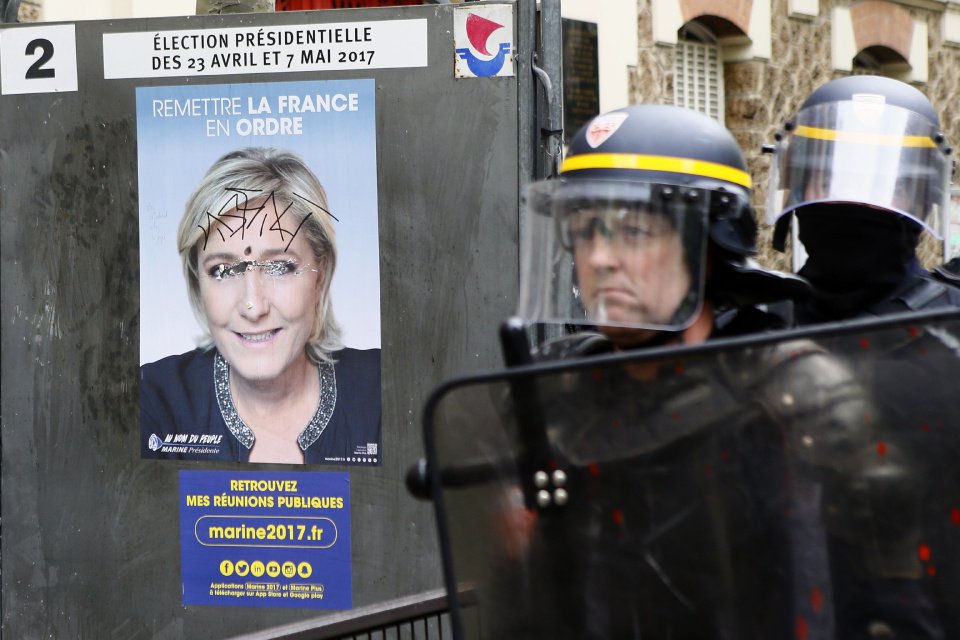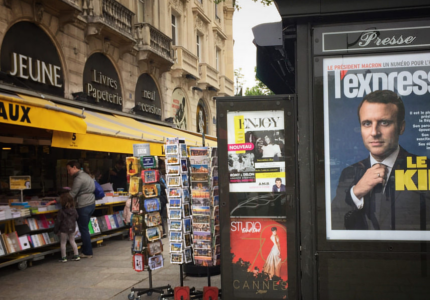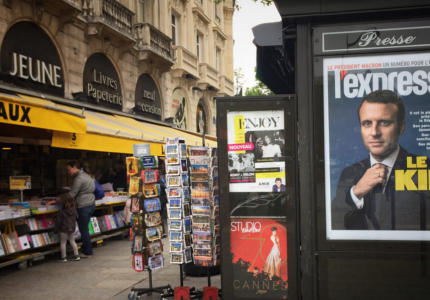
A couple of Sundays ago, France elected Emmanuel Macron as the head of my country for the next 5 years.
Just a year ago, no one could have predicted the events that would unfold this electoral race would be: the decision of President François Hollande not to run, the defeat of Alain Juppé in the Républicains primary elections, the scandal surrounding François Fillon and the rise of Emmanuel Macron. Sadly, for a long time coming, the only stable and predictable outcome was that far-right candidate Marine Le Pen would make it to the second round.
All eyes in Europe were on us that weekend. The outcome of this election reassures the stability of Europe and reaffirms the critical role France has to play in the G7 summit which will tackle crucial issues including safety, the Sustainable Development Goals and innovation. This electoral outcome calls for a stronger and more inclusive Europe that can help move us towards solving these matters.
However, with the third and fourth candidates collecting 40% of votes in the first election round, we can see how fragmented the French population is. The challenge our new president faces is one many politicians have failed at: uniting people.

Nearly a year of political debating has resulted in numerous cleavages: rich against poor, employers against workers, believers against atheists, “authentic” French against immigrants. The atmosphere is better characterized by mistrust than fraternity. I myself was torn apart in this election. As the descendent of an immigrant, a Muslim woman who grew up in a rural area affected by unemployment, a business school graduate and now a financial services employee, I found from time to time each of my intrinsic characteristics despised by one or two of the political forces.
Nevertheless, my conviction that I am asymptotically French leads me to believe that French people, and particularly the youth, still have faith in their country and its capacity to spread its inherent values of freedom and progress. The expectations are high, with youth unemployment skyrocketing at nearly 25% and the fear of terrorist attacks still vivid in our minds.
Despite its defeat, the results also left the Front National and its leader, Marine Le Pen, as the main opposition force in the country with more than 11 million votes, twice as many as her father won in 2002. The Front National’s threat to France’s political landscape has somewhat diminished, with Le Pen announcing a reorganization of her party with the objective of conquering as many seats as possible in the new Parliament.
Indeed, the next crucial steps are the parliamentary elections taking place on the 11th and 18th of June, where the newly elected President will need a clear majority to carry out his program in optimum conditions.
France has chosen hope instead of fear, and has decided to look outward and not inward. Our new president has five years to convince all citizens that this is the only path to our success- ready, set, go.
Sabrina Belhadji is a financial consultant based in Paris and a graduate of Edhec Business School. A One Young World Ambassador, she is passionate about education and meritocracy, having been born to immigrant parents under challenging circumstances. She mentors students from underprivileged backgrounds through several associative activities. She is also a member of Talents 21, the youth section of Club XXIe siècle, promoting equal opportunities, meritocracy and a positive vision of diversity in French society.



